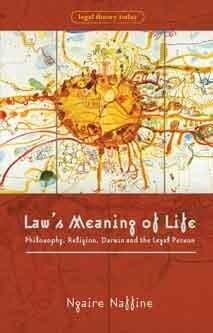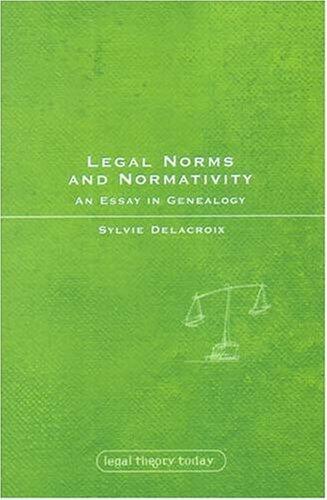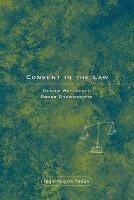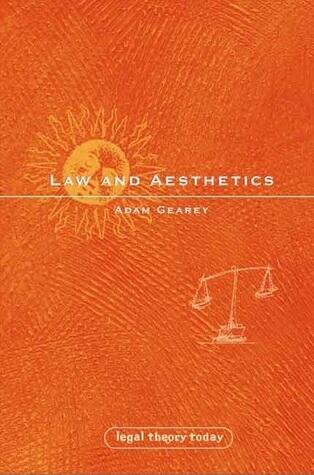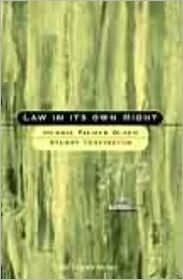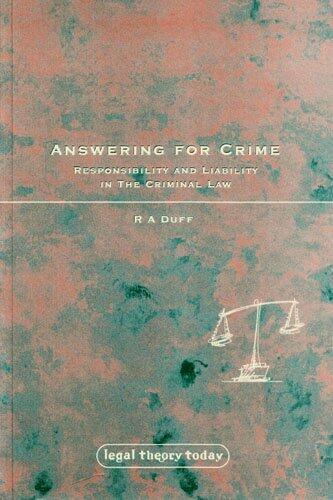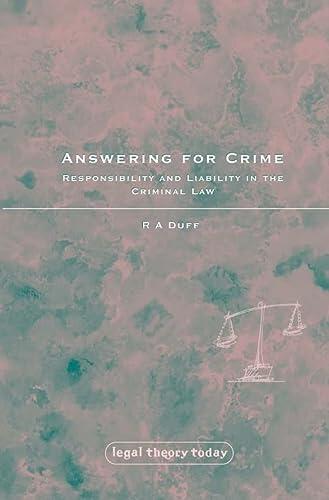
Answering for Crime: Responsibility and Liability in the Criminal Law
작성자
R.A. Duff
아직 평점이 없습니다
Philosophy
형식
하드커버
페이지
342
언어
영어
출판됨
Nov 13, 2007
출판사
Hart Publishing
ISBN-10
1841137537
ISBN-13
9781841137537
설명
R A Duff presents a thought-provoking exploration into the complex interplay between responsibility and liability within criminal law. With a firm grounding in legal theory, the author challenges conventional notions and encourages readers to reconsider how individuals are held accountable for their actions in a legal context. This work stands out as a significant contribution to ongoing debates in criminal jurisprudence.
Throughout the narrative, Duff employs a philosophical lens to dissect various concepts associated with crime and punishment. He adeptly navigates the intricacies of moral agency, arguing that understanding responsible behavior requires a deep engagement with the ethical dimensions of law. His insights push the boundaries of traditional legal analysis, making this book essential reading for scholars and practitioners alike.
By examining case studies and theoretical scenarios, Duff illustrates the real-world implications of his arguments. His ability to connect abstract ideas to practical considerations offers a compelling case for reforming existing legal frameworks. Readers will find themselves contemplating the foundational principles that guide accountability in the justice system.
Ultimately, the book not only sheds light on the philosophical underpinnings of criminal law but also invites a broader dialogue on justice, morality, and societal expectations. Duff's work resonates well beyond academic circles, appealing to anyone interested in the fundamental questions surrounding human behavior and the legal responses it elicits.
Throughout the narrative, Duff employs a philosophical lens to dissect various concepts associated with crime and punishment. He adeptly navigates the intricacies of moral agency, arguing that understanding responsible behavior requires a deep engagement with the ethical dimensions of law. His insights push the boundaries of traditional legal analysis, making this book essential reading for scholars and practitioners alike.
By examining case studies and theoretical scenarios, Duff illustrates the real-world implications of his arguments. His ability to connect abstract ideas to practical considerations offers a compelling case for reforming existing legal frameworks. Readers will find themselves contemplating the foundational principles that guide accountability in the justice system.
Ultimately, the book not only sheds light on the philosophical underpinnings of criminal law but also invites a broader dialogue on justice, morality, and societal expectations. Duff's work resonates well beyond academic circles, appealing to anyone interested in the fundamental questions surrounding human behavior and the legal responses it elicits.


